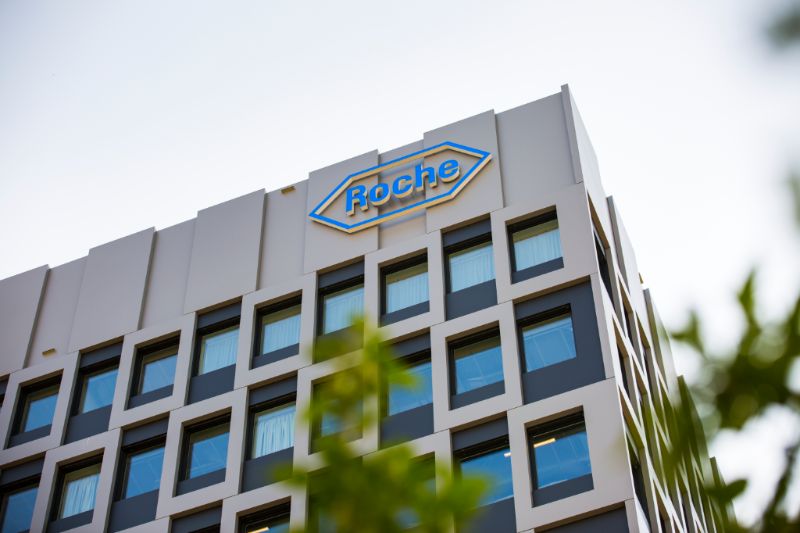
Roche has received approval from the US Food and Drug Administration (FDA) for Phesgo, in combination with intravenous (IV) chemotherapy, to treat early and metastatic human epidermal growth factor receptor 2 (HER2)-positive breast cancer.
Phesgo is a fixed-dose combination of Perjeta (pertuzumab) and Herceptin (trastuzumab) with Halozyme Therapeutics’ Enhanze drug delivery technology for subcutaneous administration.

Discover B2B Marketing That Performs
Combine business intelligence and editorial excellence to reach engaged professionals across 36 leading media platforms.
Perjeta and Herceptin are believed to act by attaching to the HER2 receptor, in separate locations, enabling dual inhibition of the HER signalling pathways.
Available in a single-dose vial, the newly approved drug can be given by a healthcare professional in a treatment centre or at a patient’s home.
Roche chief medical officer and Global Product Development head Levi Garraway said: “The FDA approval of Phesgo reflects our commitment to improving outcomes for the many people living with HER2-positive breast cancer.
“Phesgo offers a treatment administration that supports the needs and preferences of individual patients, and helps to meet the increasing demand across the healthcare system for faster and more flexible treatment options.”

US Tariffs are shifting - will you react or anticipate?
Don’t let policy changes catch you off guard. Stay proactive with real-time data and expert analysis.
By GlobalDataThe FDA approval is based on data from the Phase III FeDeriCa clinical trial, an international, multi-centre, two-arm, randomised, open-label, pivotal study.
FeDeriCa compared the pharmacokinetics, efficacy and safety of subcutaneous Phesgo plus chemotherapy, to standard IV infusions of Perjeta and Herceptin plus chemotherapy.
The trial enrolled a total of 500 HER2-positive early breast cancer patients treated in the neoadjuvant and adjuvant settings.
Data showed that the study met its primary endpoint with Phesgo showing non-inferior levels of Perjeta in the blood at a given dosing interval (Ctrough), ]compared to IV administration of Perjeta.
The safety profile of Phesgo plus chemotherapy was reported to be comparable to IV administration of Perjeta, Herceptin and chemotherapy combination, without any new safety signals.
Last month, the National Institute for Health and Care Excellence (NICE) in the UK recommended Roche’s Kadcyla (trastuzumab emtansine) to treat patients with HER2-positive early breast cancer.




